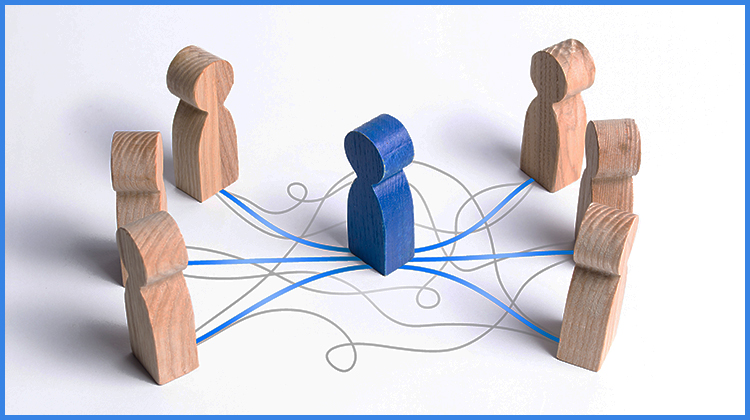In the ever-evolving landscape of dispute resolution, AIRROC continuously seeks innovative methods to address conflicts efficiently and effectively. Among these approaches, early case evaluations conducted by seasoned industry professionals who have transitioned into the role of arbitrators’ may be a particularly promising addition to its member services. This approach not only leverages the deep expertise of industry insiders but also offers a pragmatic and perhaps insightful path to resolving disputes, minimizing the time and costs traditionally associated with litigation/arbitration.
The Concept of Early Case Evaluations
Early case evaluations (ECE) aim to provide parties with a preliminary, impartial assessment of the facts, legal merits, and potential outcomes of their case. This evaluation is typically conducted at the onset of a dispute or, ideally, even before formal proceedings are instituted, offering a roadmap for the party(ies) involved. The core objective of ECE is to facilitate informed decision-making, understand the strengths and weaknesses of positions early on in the process. Evaluations of claims, contracts and issues are not new. However, while many companies (and their lawyers) involved in a dispute become confident with their position, an unbiased consultation from an experienced arbitrator can lead to more strategic negotiations and, ideally, an earlier resolution.
The Role of Industry Professionals Turned Arbitrators and Benefits of Sharing Industry Experience
One of the unique aspects of this innovative approach is the removal for unconscious bias. The involvement of seasoned industry professionals, who bring a wealth of practical experience and specialized knowledge to the table can educate and prepare a company for what the arbitration process night yield. These individuals, having transitioned into the role of arbitrators, are well equipped to provide insightful, contextually relevant evaluations. They bring to the table a deep understanding of industry-specific dynamics, contract history, arbitral outcomes, and common practices allow them to assess disputes with a level of accuracy and nuance that may be very informative. This tool also offers less experienced professionals to gain unique insight into claims, contracts, issues, and processes that would take years to obtain organically. Arbitrators can teach as well as guide.
The AIRROC Process of Early Case Evaluation
The process of ECE involves several key steps and conditions:
- Selection of the Evaluator: The member company selects an AIRROC panel arbitrator with the requisite expertise and experience to serve as the Evaluator.
- Submission of Information: The member company provides the Evaluator with a brief statement of the situation, arguments or assessments made, and a few essential relevant documents for the evaluator for review.
- Evaluation Session(s): The Evaluator conducts an in-depth analysis of the submissions, often coupled with interviews or meetings with the company professionals to clarify points and gather additional insights.
- Preliminary Assessment: The Evaluator provides a preliminary assessment of the case, outlining the strengths and weaknesses of each party’s position and offering potential outcomes or settlement options. The company and Evaluator will come to an agreement as to whether the Assessment should be reduced to writing.
- Feedback and Negotiation: The member can then use the Evaluator’s Assessment as a basis for further negotiations, often leading to a settlement or a narrowing of the issues in dispute.
- Mandatory Conditions: (1) The company is not allowed to disclose any discussions with, or written materials prepared by, the Evaluator. (2) The Evaluator is precluded from serving as that company’s arbitrator, the opposing party’s arbitrator, or the umpire in cases involving the issues subject to the ECE. (3) The Evaluator will disclose the ECE retention when and if required.
Conclusion
By harnessing the expertise and insight of industry arbitrators, companies can access a wide variety of perspectives, diverse corporate and legal work backgrounds, and leverage their insider knowledge. Companies can benefit from receiving a more broadly informed understanding of their case, paving the way for more strategic negotiations and timely resolutions.
For more information on AIRROC’s ECE, visit https://www.airroc.org/dispute-resolution-drp-
* Certified ARIAS*US arbitrator, AIRROC panel arbitrator, Panel arbitrator, Fedarb.org, and Neutral Arbitration Panel member, Neutralarbitrations.com.
